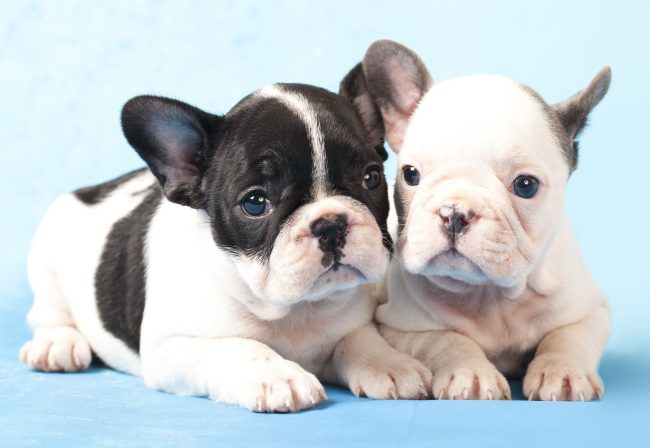Socialization is an important part of the healthy development for puppies. Dogs tend to have malleable personalities, which means they can end up aggressive or more docile, nervous or more outgoing, depending upon a variety of factors.
The most influential factor is the dog’s socialization, beginning from the time they are very young puppies. Although factors like breed and genetics can also play a role, socialization has the largest influence in the final outcome. Fortunately for new dog owners, it is also the easiest of the factors to control.
The Importance of Socialization
When it comes to raising a well adjusted dog, socialization is essential. Dogs tend to make very strong associations to particular situations and base their behavior upon their previous experiences. This applies to both positive and negative behaviors. These experiences will influence how the dog will react to children, noise, people in certain clothing, different types of dogs, and more.
Socialization involves introducing the dog to a wide variety of situations in a positive way. The goal is to help them develop a calm and friendly personality as an adult. Interestingly, researchers have found that puppies are the easiest to expose to new situations. As the dog grows up, they naturally become more wary of new situations and the process of socialization can be much more difficult.
Optimal Times for Socialization
Whenever possible, new puppy owners should begin the process of socialization between three and twelve weeks old. Some may be nervous about exposure to other dogs before the pet has finished their shots.
However, it is possible to begin in controlled environments with dogs that have been certified as healthy by their veterinarians. Also check that the other dogs are up to date on their vaccinations thus far. After twelve weeks, dogs will become increasingly more fearful and difficult to socialize. The experiences they have had leading up to this point will greatly influence their future personality.
Many dog owners recognize a second critical period in the dog’s development. This begins after four and a half months and can continue up to two years. Some refer to this period as the dog’s ‘adolescence’. During this period, dogs can become more hostile to new situations and experience more anxiety. Offering treats and a calming presence are often good ways to help the dog move past these difficulties.
Remember, the dog will progress through various personality changes as he ages. Therefore, it is important that socialization continues throughout the dog’s lifetime. Owners should look for ways to help dogs adjust to new situations and keep them calm when meeting new people. The more positive experiences they have, the greater the chance of having a friendly dog and an excellent companion.
How to Socialize a Dog
Begin during the critical period between three and twelve weeks. The puppy should be exposed to as many quality situations involving different people and different animals as possible. Some professional breeders mention that they take the time to move new litters to a variety of rooms in the home. This helps to expose them to different textures and environments.
Inviting children to interact and play with the puppies under careful supervision is another excellent technique. In general, puppies should be well exposed to humans touching them and handling them. Seclusion in yards or kennels should be avoided.
Some areas may offer ‘puppy kindergartens’ where dogs can begin interacting with one another and even be exposed to different sounds and smells. Those who do not have access to these options can reach out to other local pet owners and organize ‘puppy play-dates’.
It is important for the owners to take the socialization process slowly and listen to the responses from their dog. If the dog is showing signs of anxiety, such as backing into a corner and not wanting to play, then help them calm down. This can be done by sitting with them a little further from the action, offering treats, and slowly reintroducing them to the environment as they become more comfortable.
Remember to keep the experiences as varied as possible, from people of all ages, to people in uniforms, on bikes, loud noises, crowds, and more. The more environments and types of people the dog interacts with during the early weeks and beyond, the better off your pup will be.
Dog Socialization and Proper Development
Dog socialization is a critical part of developing a healthy personality and temperament for the animal. Their ability to adapt to new situations and interact with people and animals is largely defined by their experiences in the first several weeks of life. Proper socialization is an important part of being a dog owner. Hopefully the above will help those adopting an animal get started on this critical aspect of animal rearing.
Pet parents looking for more go to advice, check out http://nuvetplus.com/blog/ or http://nuvetonline.com/blog/.
Follow NuVet on Facebook for more helpful tips and adorable puppy pics!


